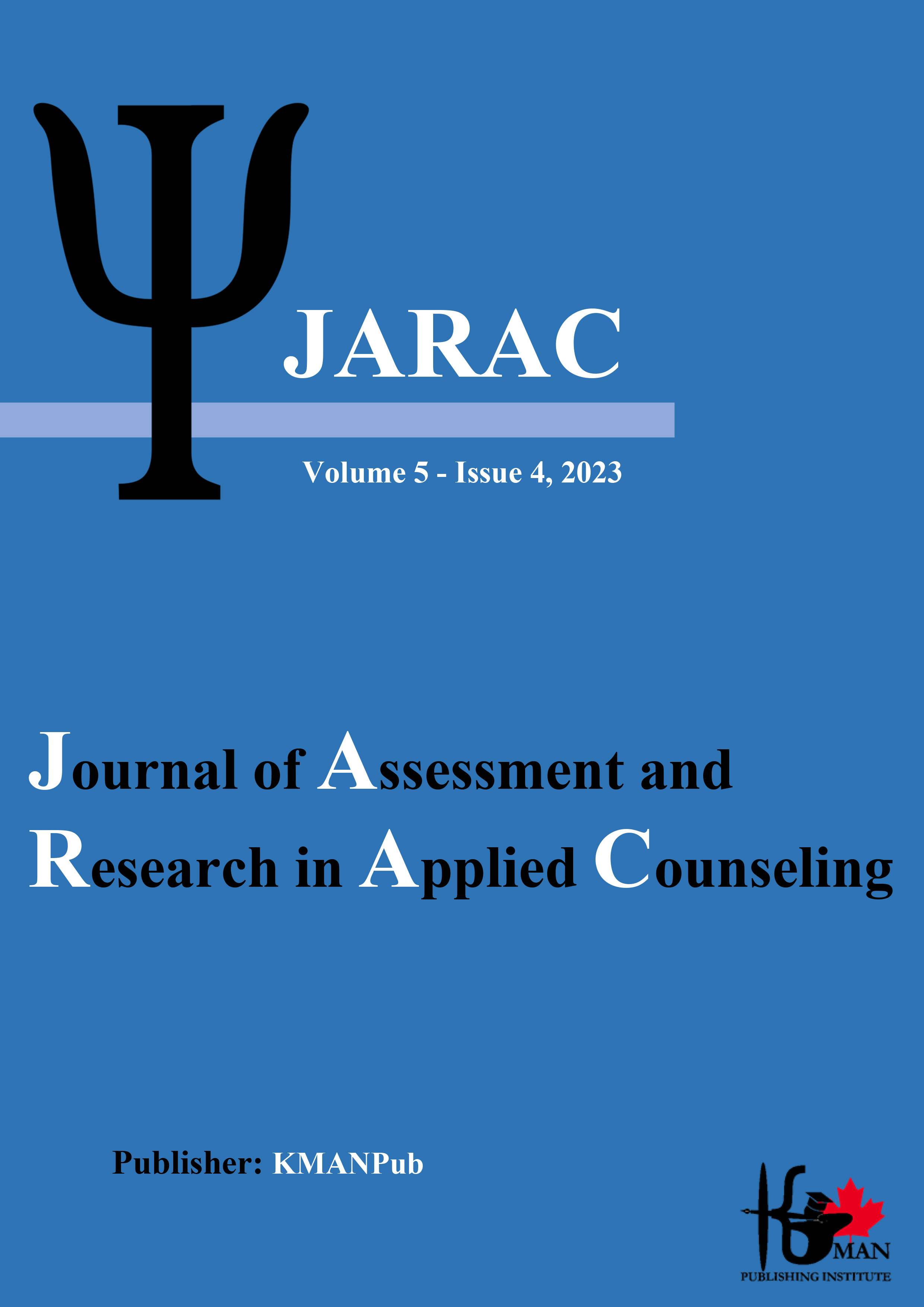Comparing the effectiveness of cognitive-based play therapy and interactive play therapy on the cognitive appraisal of female students with special learning disabilities
Abstract
Objective: Specific learning disorder is a heterogeneous group of children who have problems in different areas. The present study was conducted with the aim of comparing the effectiveness of cognitive-based play therapy and interactive play therapy on the cognitive appraisal of female students with special learning disabilities.
Materials and Methods: The research method was a quasi-experimental pre-test-post-test type with a control group and a three-month follow-up phase. The statistical population of the research is made up of 54 female students of the first grade of elementary school with special learning disorders who have a file in the education counseling center of Qom city in 2023. A total of 45 people were selected for three groups with a non-random sampling method, and in the next step, 15 people were randomly assigned to three groups in two experimental groups and one control group. In this research, the cognitive appraisal questionnaire of Pintrich and DeGroot (1990) was used. For the group, two tests of interactive play therapy based on the package of Booth and Jernberg (2009) 21 sessions of 45 minutes and play therapy based on cognitive therapy based on the package of Mohammad Ismail (2008) of 10 sessions of 60 minutes were performed and no intervention was done for the control group. To analyze the data, mixed repeated measures analysis of variance and Tukey's post hoc test were used with SPSS18 software.
Findings: The results showed that play therapy based on cognitive therapy and interactive play therapy have an effect on cognitive evaluation of female students with learning disability (P<0.001). But cognitive therapy-based play therapy had a greater effect on cognitive evaluation than interaction therapy (P<0.001).
Conclusion: This research provides practical implications to psychologists and counselors regarding the greater impact of cognitive therapy-based play therapy on cognitive appraisal.
Downloads
Downloads
Additional Files
Published
Issue
Section
License
Copyright (c) 2023 Hoda Shahzadehahmadi, Ramezan Hasanzadeh, Mohammad Kazem Fakhri (Author)

This work is licensed under a Creative Commons Attribution-NonCommercial 4.0 International License.







































